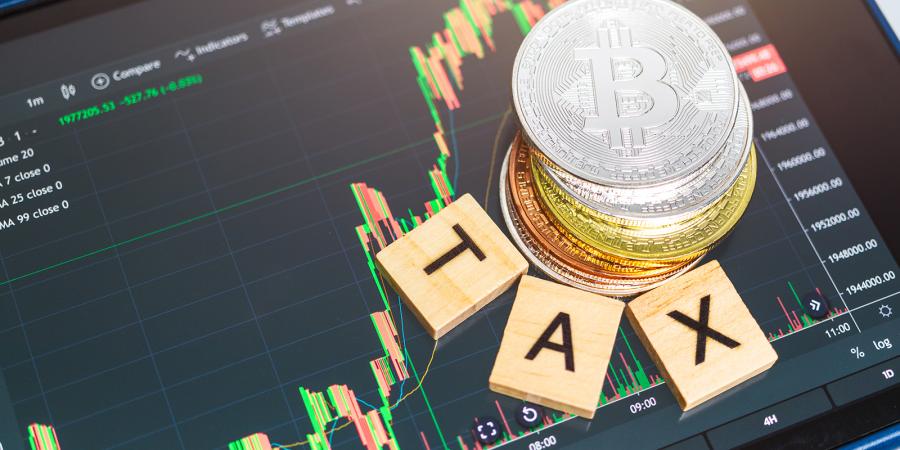With the growing popularity of cryptocurrencies and international investment platforms, more investors are facing the challenge of double taxation. This issue is especially relevant for users from other countries who trade or invest through U.S.-based exchanges and financial services.
The main difficulty lies in the differences between tax systems. The United States treats cryptocurrency as property, and profits from its sale are subject to capital gains tax. At the same time, investors’ home countries may have their own rules: some classify cryptocurrency as currency, others as a financial asset. Without proper accounting, the same income could be taxed twice.
To address this, many countries have double taxation agreements with the U.S., allowing investors to offset taxes paid in one country against tax obligations in another. For example, if an investor pays tax on crypto trading profits in the U.S., they may receive a credit when calculating taxes in their home country.
It is also important to consider reporting requirements. U.S. platforms provide Form 1099, reflecting the user’s income. Investors must correctly report this data in their local tax returns to avoid fines and issues with tax authorities.
The growing popularity of international investments is encouraging countries to simplify rules and harmonize tax regulations for digital assets. Nevertheless, each investor should carefully study the requirements of both the U.S. and their home country, or work with professional tax advisors.
Ultimately, understanding international differences and double taxation mechanisms helps investors minimize risks, legally optimize taxes, and confidently operate on U.S. platforms while maintaining transparency and compliance.


